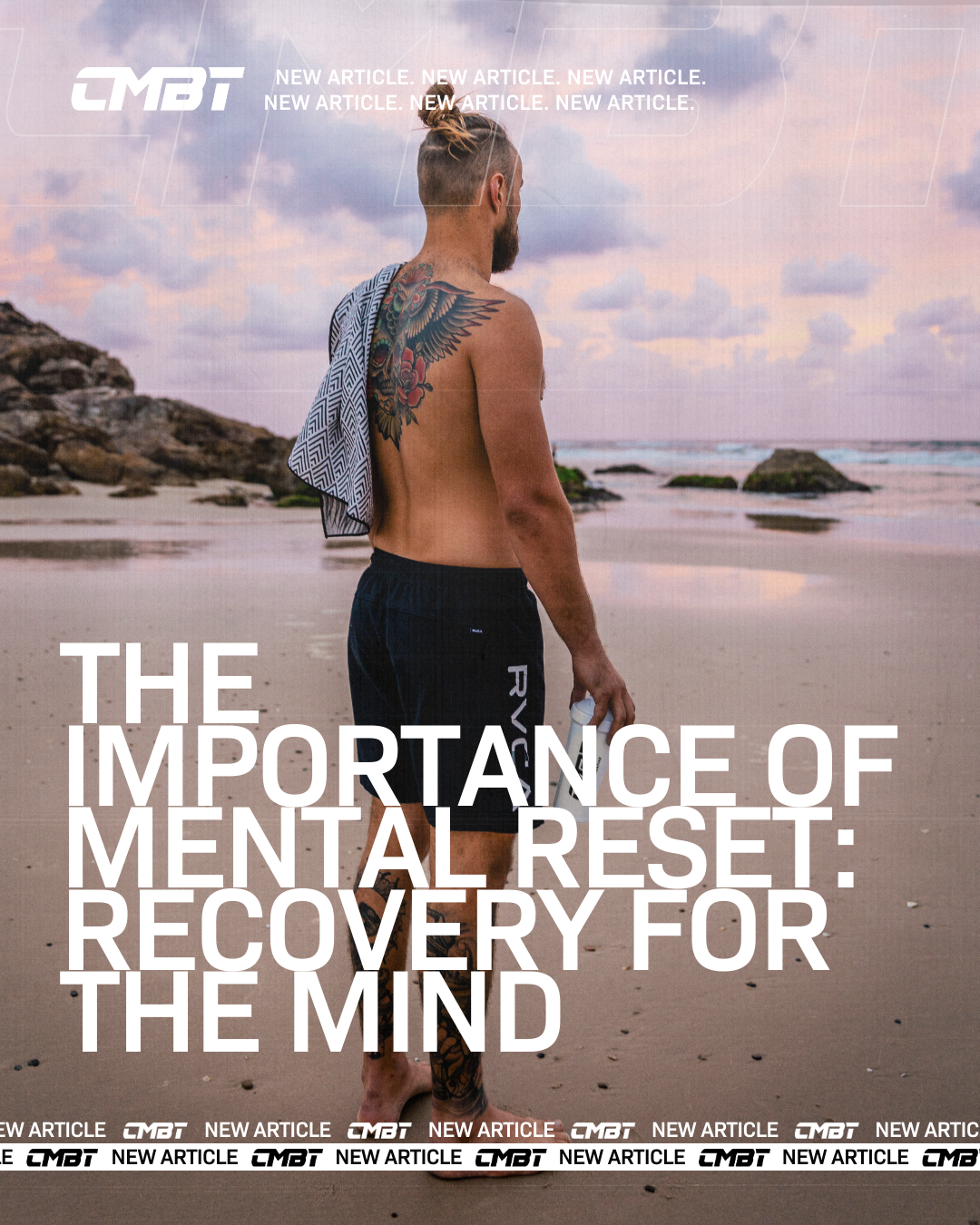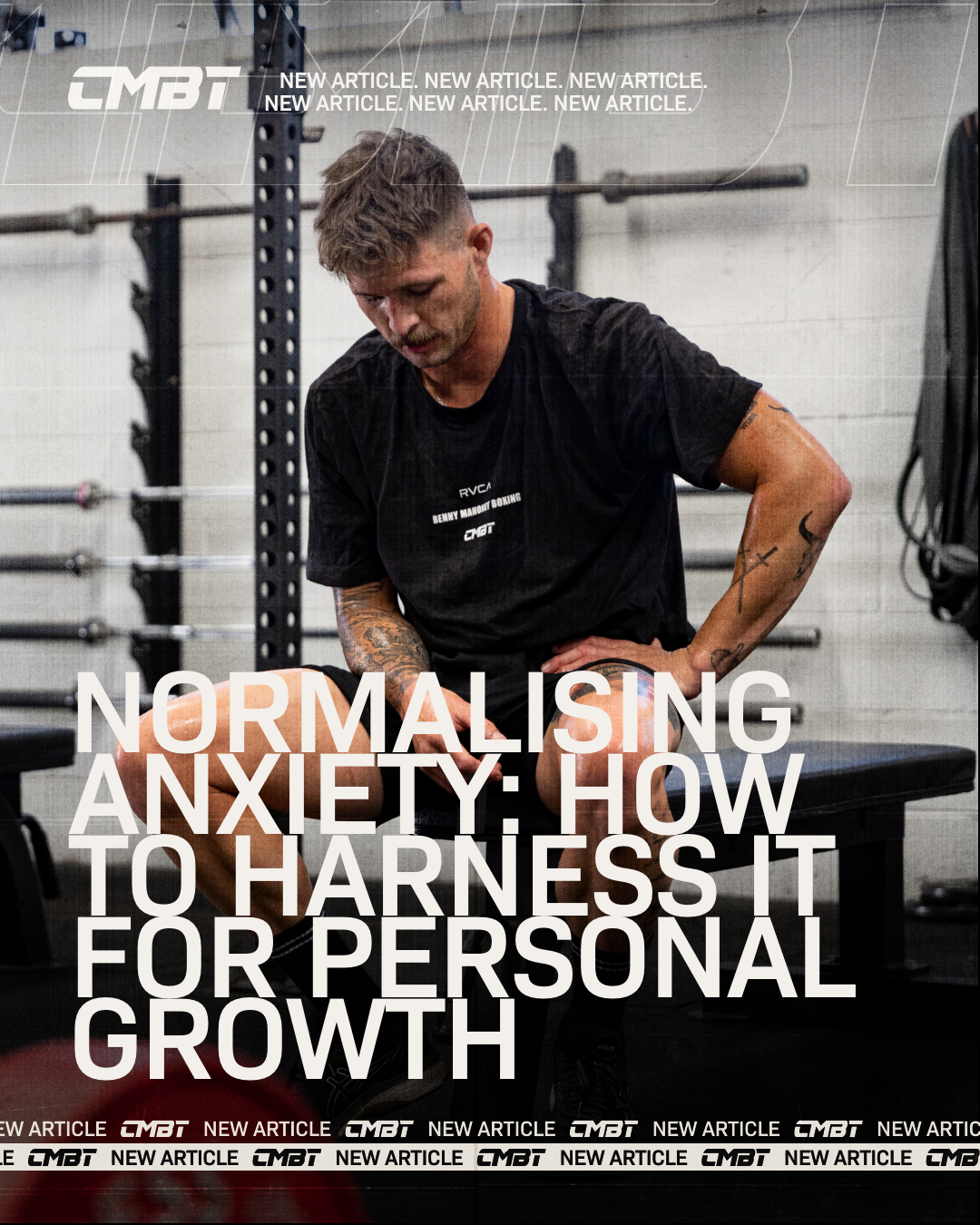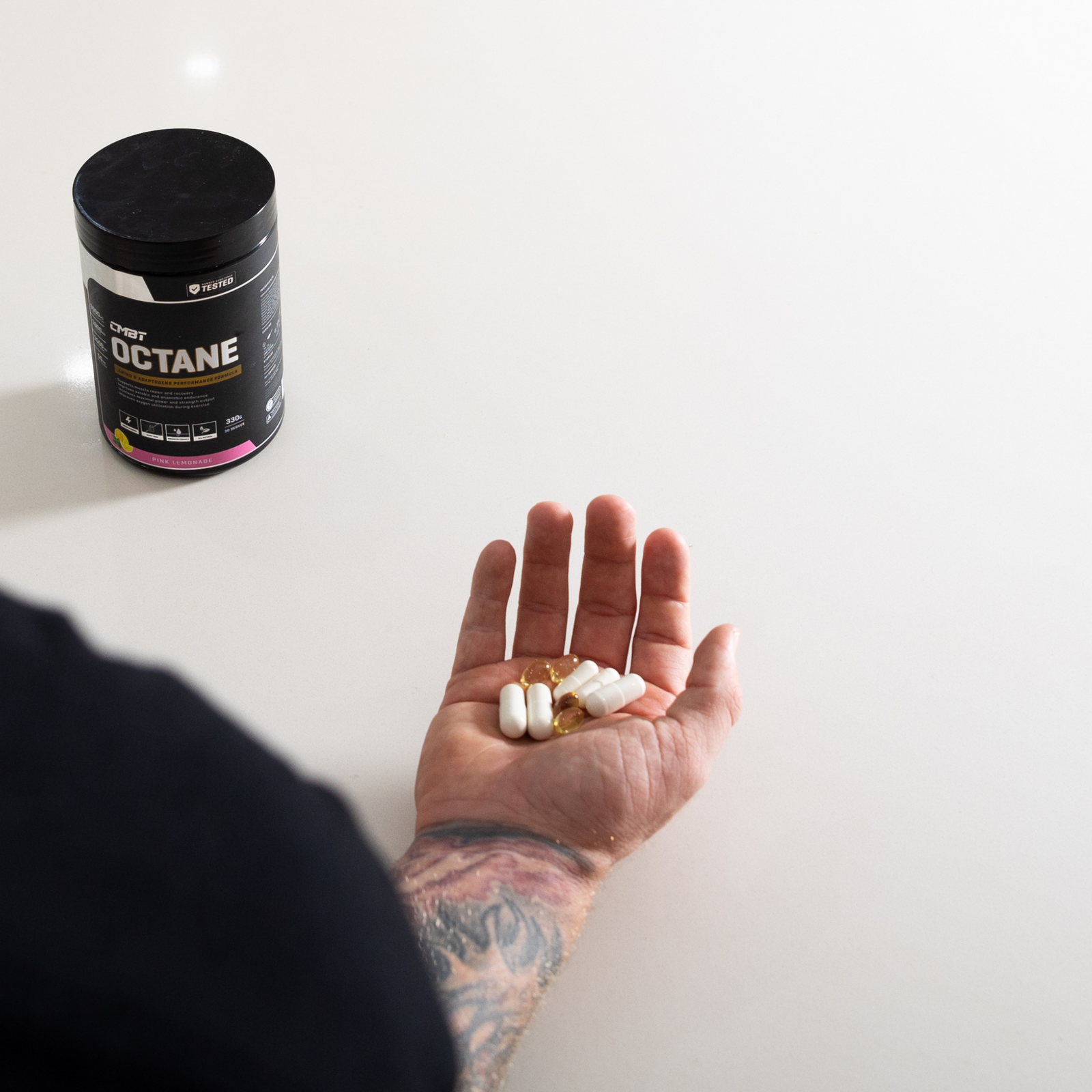Stress can have a range of effects on performance, both positive and negative.
In some cases, stress can help improve performance by providing a boost of energy and motivation, known as eustress. However, too much stress can lead to impairments in performance. This is known as distress. When a person is experiencing distress, they may have difficulty concentrating, making decisions, and problem-solving. This can lead to poor performance on tasks that require concentration and focus. Additionally, stress can also lead to physical symptoms, such as an increased heart rate, tense muscles, and changes in appetite, which can further impair performance. Left unchecked, stress can have serious negative effects on your health and happiness.
Fortunately, there are several strategies you can use to manage stress and keep it from getting the better of you.
WRITE A TO-DO LIST EVERY DAY
Write a list of everything you need to do each day. Rather than letting this list overwhelm you, accept that you can not do everything at once and start to prioritise your tasks in order of importance. Remember to keep some time free to deal with unexpected and time-sensitive tasks, and to include time for your own relaxation as well.
USE RELAXATION TECHNIQUES
Set aside relaxation time. This is your time to take a break from all responsibilities and recharge. Come up with a list of healthy ways to relax and recharge that you enjoy doing and try to implement one or more of these ideas each day, even if you’re feeling good. Some ideas are meditating, going for a walk, calling a friend, journalling, taking a bath, playing with your pet, listening to calming music and reading. Don’t worry if you find it difficult to relax at first. Relaxation is a skill that needs to be learned and you will improve with practice.
OPTIMISE YOUR SLEEP
A lack of sleep can be a significant cause of stress. Not to mention how it also keeps us awake with constant thoughts going through our mind about all the things we need to do. Start by optimising your sleeping environment and bedtime routine to increase your relaxation. It is best to avoid caffeine during the evening, as well as excessive alcohol as these can lead to disturbed sleep. Avoid doing any mentally demanding work too close to bedtime so that you give your brain time to wind down.
DON’T FOCUS ON THINGS YOU CAN’T CONTROL
Unfortunately, some sources of stress are completely unavoidable. Many things in life are beyond our control—especially the actions and behaviour of other people. Instead of allowing your stress response to take hold, focus on the things you can control such as the way you choose to react to problems. Look for the positive in every situation when facing major challenges, try to see them as opportunities for personal development. If a stressful situation is attributed to your own choices, reflect on why this happened and learn from your mistakes.
LEARN TO SAY NO
One of the biggest causes of stress is having too much to do and not enough time in which to do it. On top of this, many people will agree to take on additional responsibility, causing MORE stress! Learning to say “no” to additional tasks will help to reduce your stress level, and can also help you develop more self-confidence.
MOVE YOUR BODY EVERY DAY
Stressful situations increase the level of stress hormones such as adrenaline and cortisol in your body. Physical activity plays a major role in reducing and preventing the effects of stress, and you don’t have to spend hours in the gym to reap the benefits. Just about any form of physical activity can assist in relieving stress and reducing feelings of anger, tension, and frustration. Exercise releases endorphins that elevate your mood and make you feel good. Not to mention it can also be a great distraction to your daily concerns.
Managing stress is an important part of maintaining good mental health and overall well-being. By identifying and addressing the sources of stress in your life, making time for relaxation and fun, taking care of your physical health, and developing healthy coping mechanisms, you can effectively manage stress and keep it from having negative effects on your lifeHave a go at including some of these stress management strategies into your day and see which ones work for you!

















































![[VIDEO] Fuel Your Passion feat. Sami Locke](http://cmbt.com.au/cdn/shop/articles/Sami.jpg?v=1625826844&width=1600)